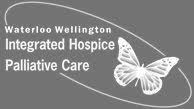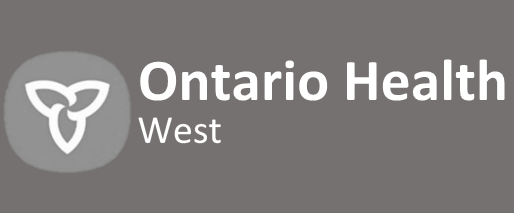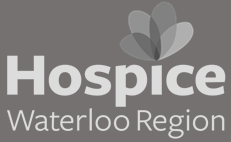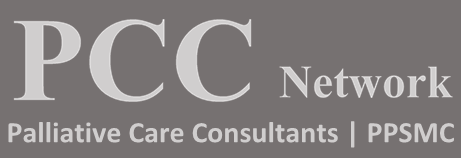Bridging the Cultural Gap
At this time of new beginnings, consider starting your new year of practice by enhancing your understanding of how to provide culturally safe care. Studies continue to demonstrate how discrimination within healthcare organizations and the system, as a whole, “persists towards the elderly, the less educated, women, minorities and the poor.”1
Considering culture can be represented among many different communities, groups, minorities etc. you may elect to enhance your awareness through accessing Canadian Virtual Hospice’s (CVH) Living my Culture or 2SLGBTQ+ websites.
According to the National Aboriginal Health Organization (2008) guide for health care administrators, providers and educators on cultural competency and safety, individuals who experience culturally safe care have better health outcomes.2 The Ontario Palliative Care Network includes Cultural Safety & Humility as one of 13 foundational competency domains for whole-person, palliative and End of Life are in Ontario.3 As a benefit, healthcare providers who enhance their knowledge, skills, and ability to provide culturally safe approaches report having increased confidence and enhanced job satisfaction. 2
Cancer Care Ontario/ Ontario Health offers a free eLearning course on The Need for Cultural Competence in Healthcare (released 2018) This course offers an opportunity to enhance your understanding of the multiple factors that contribute to discrimination and inequity, explores cultural competence in healthcare and how to put it into practice and provides insight from the perspective of the patient. CVH also has an excellent course about indigenous cultural safety on their Learning Hub.
As healthcare providers, integrating culturally safe care can enhance patient-centred care and the quality of palliative care you provide in your practice.3 We encourage you to check with your regulatory body to understand the expectations that exist. For registered nurses, the College of Nurses of Ontario page on Culturally Sensitive Care offers valuable information.
Resources
- Cancer Care ON: eLearning course The Need for Cultural Competence in Healthcare (Released 2018)
- National Aboriginal Health Organization (2008). Cultural competency and safety: A guide for health care administrators, providers, and educators. (Retrieved December 2022)
- Ontario Palliative Care Network (2018). Ontario Palliative Care Competency Framework.
Download Tip of the Month




